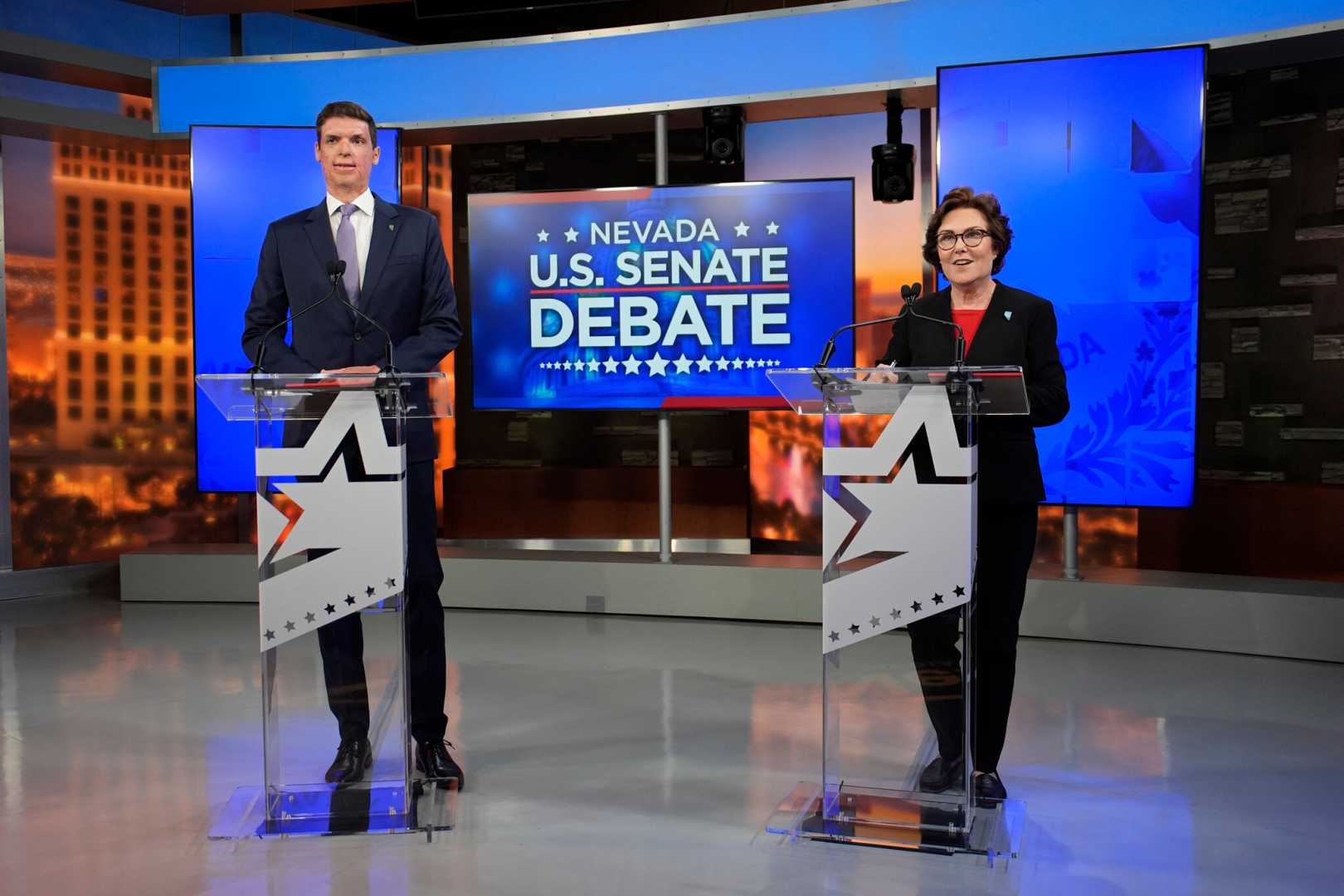Politics
Arizona Senate and House Races Showcase Unique Electoral Dynamics

Mesa Mayor John Giles, a Republican who has voiced his support for Kamala Harris in the presidential race, is perplexed by the divergence between high-profile political developments and down-ballot races in Arizona. According to recent polls, Republican Senate candidate Kari Lake, who echoes many of former President Donald Trump‘s policies, is losing substantial support from Trump’s loyal base to her Democratic opponent, Rep. Ruben Gallego.
“There’s something teflon about Donald Trump that just makes no sense to me. Kari Lake says literally the same things as Donald Trump and people roll their eyes. And when Donald Trump says that, they clap,” Giles remarked in an interview, highlighting the enigmatic appeal Trump holds despite similarities in messaging with Lake.
This disconnection epitomizes the complex political landscape in Arizona, where crucial Senate and competitive House races operate somewhat independently of headline-grabbing presidential campaigns. Proponents for a ballot measure to enshrine abortion rights in the state constitution anticipated a more significant boost for Democratic candidates.
In the House, two Republican congressmen are fending off challenges from Democratic candidates. Seven-term Republican Rep. David Schweikert is campaigning to retain his seat against Amish Shah, a physician, in the blue-trending suburbs of Phoenix after a narrow victory in 2022. In Tucson, freshman Republican Rep. Juan Ciscomani is engaged in a rematch with Kirsten Engel, whom he narrowly defeated previously. Both races are classified as “toss-ups” by nonpartisan analytics firms.
Operatives from both parties agree that these races will hinge on the candidates themselves, rather than the influence of larger political figures. “All four have distinct personalities,” stated a Democratic operative involved in the House campaigns, preferring anonymity. “Whoever ends up winning these races — it’s clearly going to be because voters are choosing someone, not just following the top of the ticket.”
Despite Gallego’s popularity, he isn’t significantly boosting Democratic candidates, and Lake has not severely hindered Republican contenders. Democrats believe the abortion ballot initiative will enhance voter turnout but recognize the challenge of persuading voters that GOP candidates threaten legal abortion rights.
“Arizonans since 2018 have been some of the most sophisticated ticket-splitters in the country,” asserted a GOP strategist, citing past instances where Republican candidates prevailed despite setbacks in other races.
As the political climate shifts nationally, Democrats have seen growing support among suburban white college graduates, a key demographic. However, they also face potential defection from some Latino voters, notably men without college degrees, a factor that could benefit Republicans.
Gallego, a Latino veteran, claims that his background offers a strategic advantage for attracting these voters. Some moderate Republicans, he suggests, are also pivotal for securing a statewide victory.
Notably, a recent survey by Inside Elections showed far-right GOP incumbent Eli Crane underperforming by 10 points in his red district, indicating a potential for split-ticket voters in rural areas.
“I think Eli Crane has turned off some Republicans who were upset by him taking out McCarthy,” commented Arizona Republican consultant, Marson, referring to Crane’s actions in the previous legislative session.












